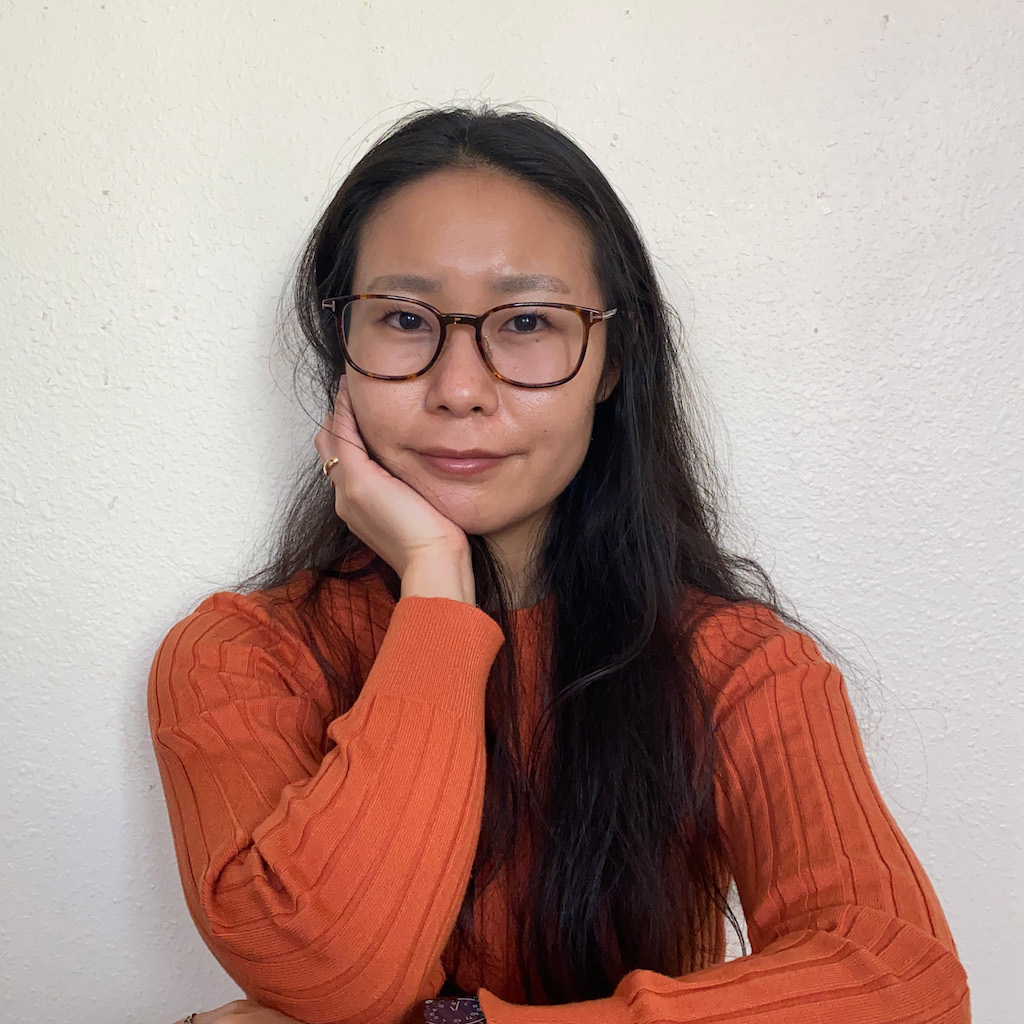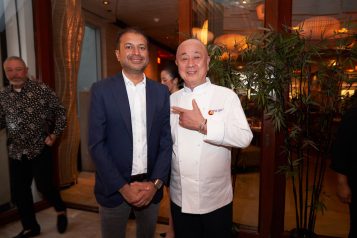In a world where visual design is often prioritized over accessibility, Megumi Hiramoto stands out as a champion for inclusive design. As a skilled web and graphic designer, Hiramoto is on a mission to transform the dynamics of design project management by incorporating accessibility considerations into every stage of the process. Her expertise in web and PDF/document accessibility allows her to create products and brands that are not only visually stunning but also accessible to all users.
Hiramoto likens creating accessible documents to programming, a skill many designers may not be familiar with. She combines creativity and technical prowess to produce designs that can be seamlessly processed by assistive technologies. This unique approach sets her apart from others in the field, as she balances both form and function to create designs that tell a story while maintaining practicality.
Working in EdTech, Hiramoto understands the importance of purposeful design and practicality, especially when creating products for educational purposes. Her designs are both visually stimulating and meaningful, providing educational content through creative visual solutions. This dedication to design is driven by her personal experiences growing up in Japan, where she was surrounded by efficient, practical, and visually appealing designs.
In addition to her focus on accessibility, Hiramoto is a strong advocate for diversity, equity, and inclusion (DEI) in design, especially within the EdTech industry. She recognizes the importance of visual representations of historically underrepresented groups in educational materials, even in the face of conservative academic standards and politics.
Hiramoto’s background in design is diverse and intriguing, having interned at ELLE magazine in Japan and working part-time on the editorial team of Harper’s BAZAAR Japan. These experiences helped shape her passion for commercial and marketing design. Born to medical professionals, Hiramoto initially considered a career in medicine but ultimately chose design as a way to help people, which she continues to do through her passion for accessibility.
Throughout her career, Hiramoto has faced numerous challenges, including finding the balance between visually appealing design and accessibility. By prioritizing the core purpose of a design project and understanding the target audience, she has successfully simplified designs to achieve accessibility without sacrificing aesthetics. Another challenge Hiramoto continues to tackle is raising awareness of the importance of accessibility and DEI in design, particularly within the corporate environment. Her relentless efforts to demonstrate the benefits of accessible and inclusive products have slowly but surely gained traction among fellow employees and senior leadership.
Hiramoto’s wisdom and lessons for others include the importance of empathy in design, the dual nature of design as both creative and technical, and the necessity of accessibility and inclusivity. In the future, she envisions herself being involved in the development of new accessible products, expanding her leadership in design teams, and consulting on design accessibility. Her dedication to her craft and commitment to accessibility is truly inspiring as she continues to break barriers and reshape the world of design project management. To stay up-to-date on Megumi Hiramoto’s journey and her ongoing work in accessible design, follow her on Instagram and witness how she continues to revolutionize the design landscape.
Written in partnership with S99

























